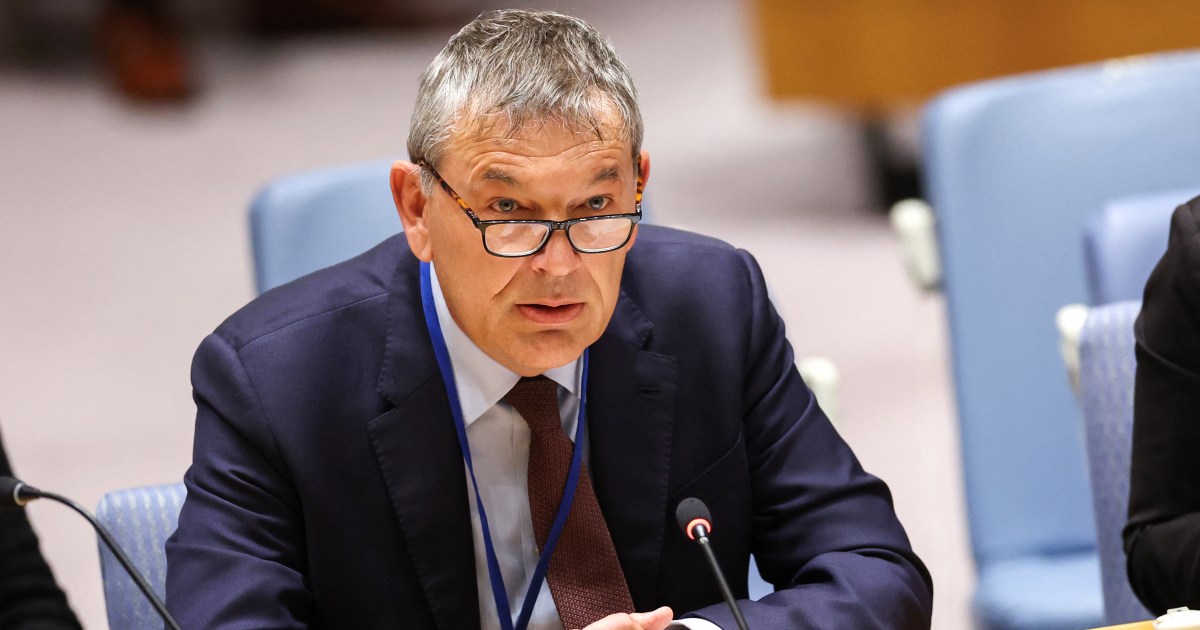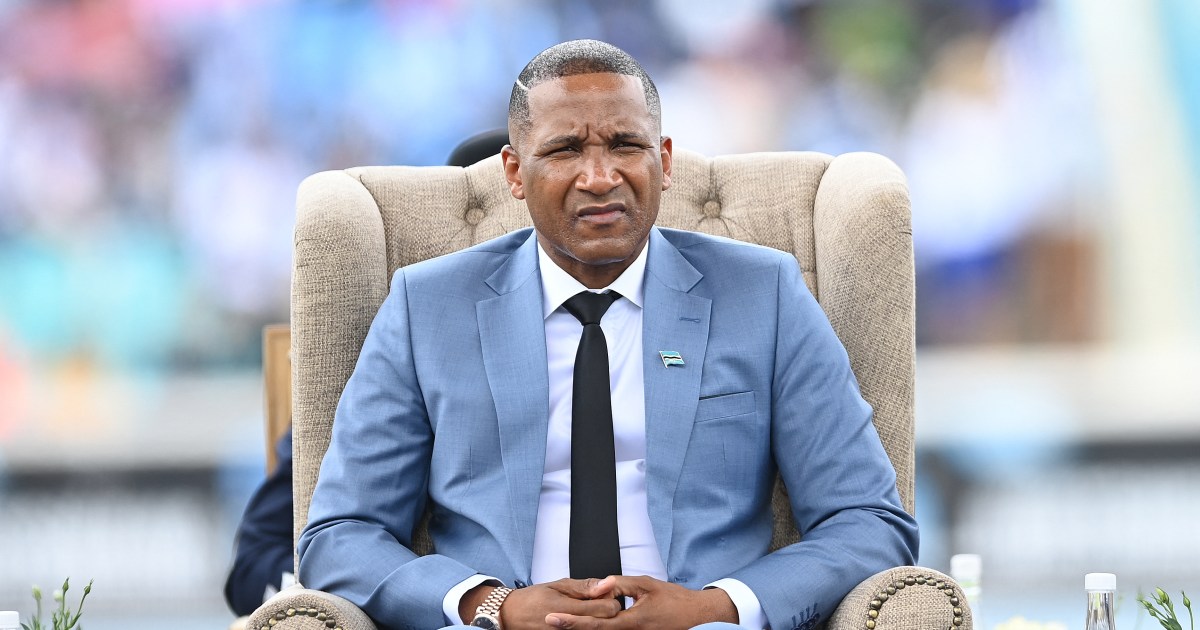

Botswana has sworn in Duma Boko as the country’s new president after his landslide election victory kicked out the Botswana Democratic Party (BDP), which had been in power for nearly 60 years.
On Friday, Boko, 54, took the oath in front of several thousand people in the national stadium just nine days after his Umbrella for Democratic Change (UDC) crushed the BDP at the ballot box.
“For nearly three score years, our democracy remained unbroken, unproven and untested. On the 30th of October this year, together, we tested this democracy,” Boko said in a speech.
“It is with pride, and perhaps even a tinge of relief, that I can proudly say we have passed this test with flying colours,” he said to cheers from the crowd.
“Together, we usher in a new political dawn.”
Last week, Boko’s left-leaning UDC won 36 seats in parliament compared with just four for the conservative BDP, in a stunning reversal for the party that had governed diamond-rich Botswana since its independence from the United Kingdom in 1966.
Former President Mokgweetsi Masisi, who conceded defeat two days after the vote as his party’s colossal defeat became clear, was in the audience alongside leaders of other regional countries including Namibia, Zambia and Zimbabwe.
Although the crowd booed Masisi, the new president praised his predecessor’s “statesmanship”.
“Please give him some love,” Boko told the stadium.
“Botswana has set the example of a true democracy at work for the whole world to see and emulate. For that singular act, the former president will remain inscribed prominently in our hearts.”
Young voters made up about a third of the more than one million people registered to vote in the arid and sparsely populated country.
Botswana, often held up as one of Africa’s greatest success stories, ranks among the wealthiest and most stable democracies on the continent. But a global downturn in demand for mined diamonds, which account for more than 80 percent of Southern African exports, has taken a toll on the economy.
Many voters said they wanted change after nearly six decades of BDP rule, with the main concerns being unemployment, the disparity between rich and poor and the economy, which has been hit by plummeting diamond sales, the mainstay of Botswana’s revenues.
Masisi’s government was also accused of mismanagement, nepotism and corruption.
Boko has said a priority for his government will be to stabilise relations with partners in the diamond industry, while diversifying the economy away from its dependence on the international diamond market.
Related News
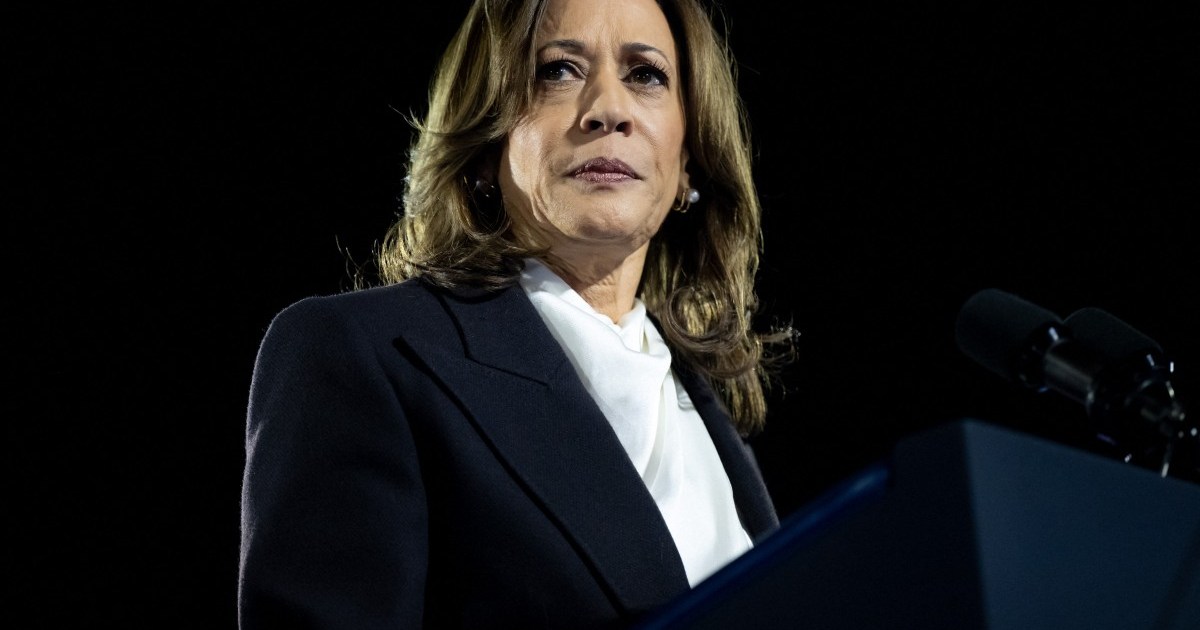
Fact check: Kamala Harris’s speech at the White House Ellipse
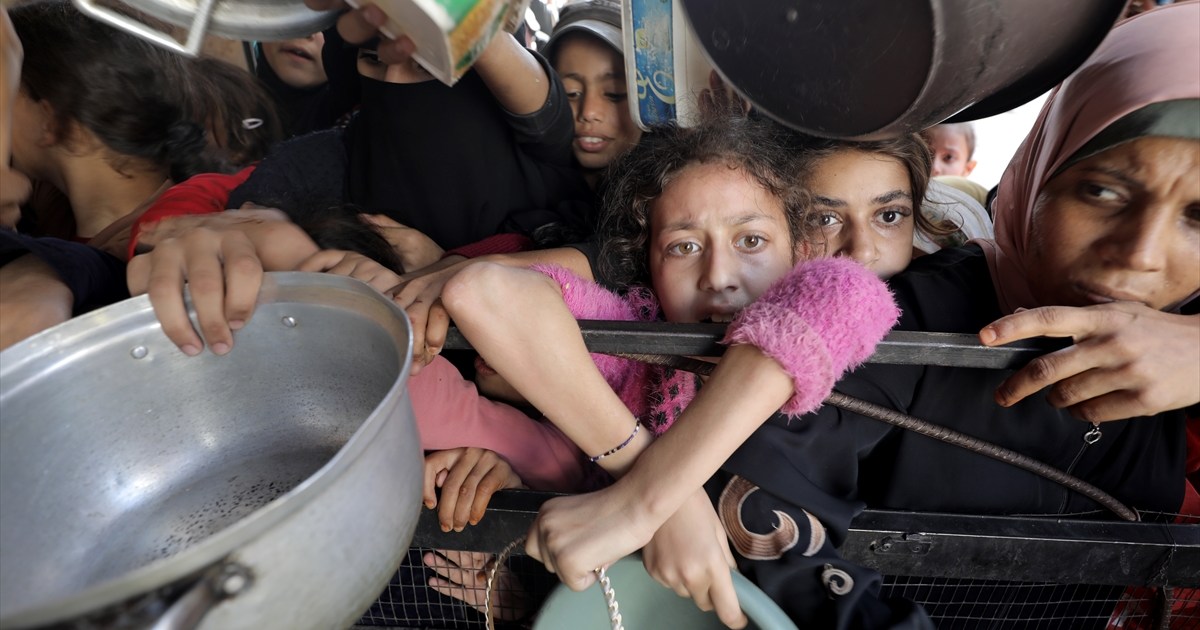
The view from Gaza: What the US decision not to punish Israel looks like
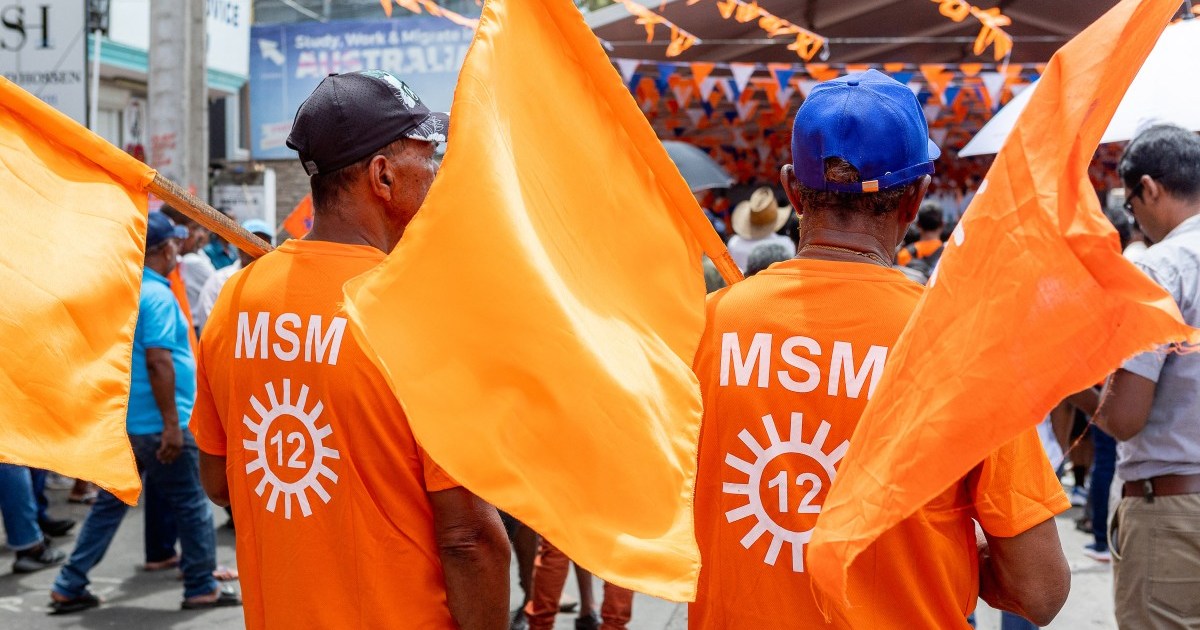
Mauritius holds parliamentary election with cost of living crisis key issue
